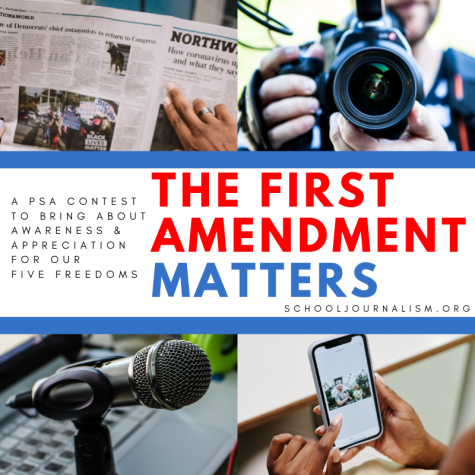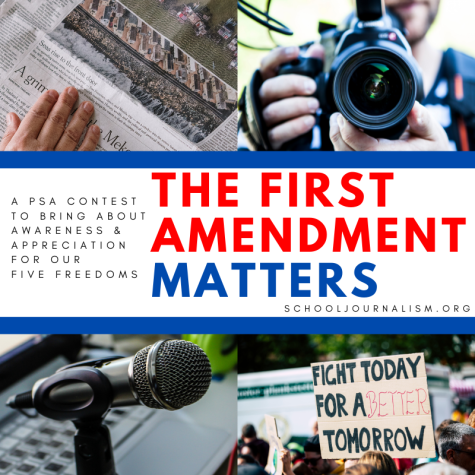Advertising policies can prevent future headaches
Advertising has long been the lifeblood of student publications, and staffs welcome most advertisers with open arms. But what if someone wanted to place an advertisement that promoted a political or controversial message? By what standards would the students determine if they should publish it?
Developing a publication advertising policy in advance of such dilemmas is the best way for students to plan a fair and ethical strategy.
The courts have determined that student journalists do have a right to reject editorial and advertising content, as demonstrated by the case of Yeo v. Town of Lexington in 1997.
Douglas Yeo sued the Lexington School District in Massachusetts after editors of the high school newspaper and yearbook refused to print his advertisement encouraging sexual abstinence. He claimed his First Amendment rights were violated because the school, a government entity, refused to print his advertisement.
However, the student editors – not school administrators – made the decision to reject Yeo’s submission. They had an unwritten policy of not accepting political or advocacy advertisements. An appeals court determined the students acted within their rights.
But just because students can legally reject an advertisement doesn’t mean they ethically should. The student editors chose to reject Yeo’s advertisement not because of the viewpoint it expressed, but because of its advocacy. For example, the editors also would have refused any advertisement advocating safe sex.
Another potentially controversial type of advertising involves products and services that could pose a health risk to students. Should student publications allow their audiences to be targeted by tanning salons, for example? These are questions every staff should discuss and answer for themselves.
The best time for a publication staff to develop an advertising policy is before the school year starts. Student editors will then be able to use the guidelines to make more rational, consistent decisions when advertising dilemmas arise.
For more information on the legal aspects of advertising in student publications, check out the Student Press Law Center’s Student Media Guide to Advertising Law.











